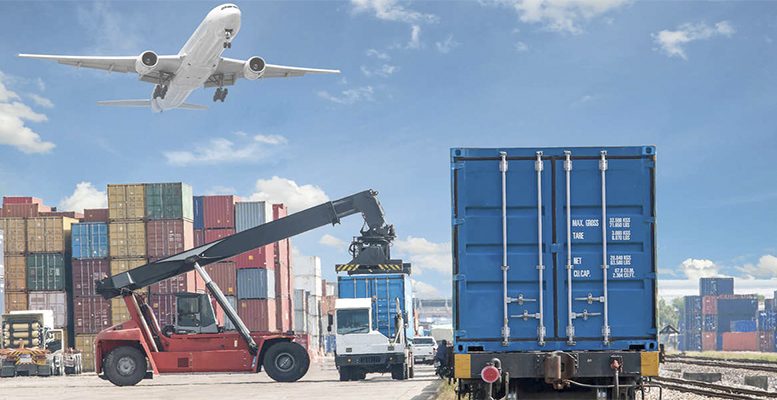Alexander Lippert (MainFirst) | The indirect effects of the current uncertainty caused by the US-China trade war are slowly extending to all levels of the German economy, which is beginning to be felt in the deterioration in growth, weak PMIs and the repercussions in export industries. It is also being felt in the German stock market.
To confront the economic recession, the German government is considering increasing public spending. This would not be the main problem for the German economy, as an increase in the spending on infrastructure is necessary. The question is the execution of the spending and an efficient distribution of capital, given that the real barriers to growth recovery lie in the regulatory limitations, the excess of bureaucracy and the lack of skilled labour.
Investment opportunities in the German stock market
Since the beginning of May investors have focussed their attention on global trade and the potential slowdown in global growth. This has caused German industrial shares to be the most penalised in recent weeks. Chemical companies, car component makers and numerous suppliers of machinery and equipment have been exposed to weak market demand, as Germany has always been one of the main beneficiaries of free trade and globalisation. In fact most companies have presented solid results, but the significant adjustment in profit forecasts for the large industrial companies has been widely covered, which has sometimes led to double digit falls in a single stock market session. The German stock market shows no pity with such disappointments. Many companies are already responding to the recession paralysing contracts, with restructuring measures and announcements of reduced working hours.
The fear of recession has encourages a strong sectoral rotation towards defensive shares with large capitalisation, like Allianz, Linde, Adidas, SAP and Airbus, which represent a significant proportion of the HDAX index. In fact, only 5 of every 101 shares on the index make up half of the rise registered since the beginning of the year. In other words, something less than 5% of the companies on the HDAX account for more than 55% of the absolute and positive performance in the German stock market. Due to this search for safety, defensive shares have seen a new increase in their valuation multiples, in some cases, excessive.
Thus in the MainFirst Germany fund we have not invested in a defensive sector like non-cyclical consumer goods, because we think it presents excessive valuations. In the medium term, we maintain a constructive attitude towards equity market opportunities – especially in the middle of a low interest rate scenario – and, therefore, we remained focused on cyclical shares. Our preference for cyclicals is due, among other things, to the excessively low valuations at which they are trading. Unlike many of their comparators, the majority of the companies we have in our portfolio have not issued profit warnings. They have met their forecasts and continue to do so. For example, PBB, Sixt, Hella, Mensch and Maschine, Atoss Software and Knorr-Bremse have met or exceeded their targets and their share prices have also recovered from their lows.
The companies we have in our portfolio intrinsically have great growth potential. However, the current performance of our positions, which is below the average, differs considerably from the fundamentals of these companies. Something which, in a different scenario, would be very different. We expect that in the next 6-12 months, with an improvement in the economic situation, investors will recover their appetite for risk and cyclical shares. Even so, market situations like the current one still offer opportunities. In fact, the shares which escape the radar of the investors are trading at valuation multiples historically attractive for experienced investors with a long term horizon.





